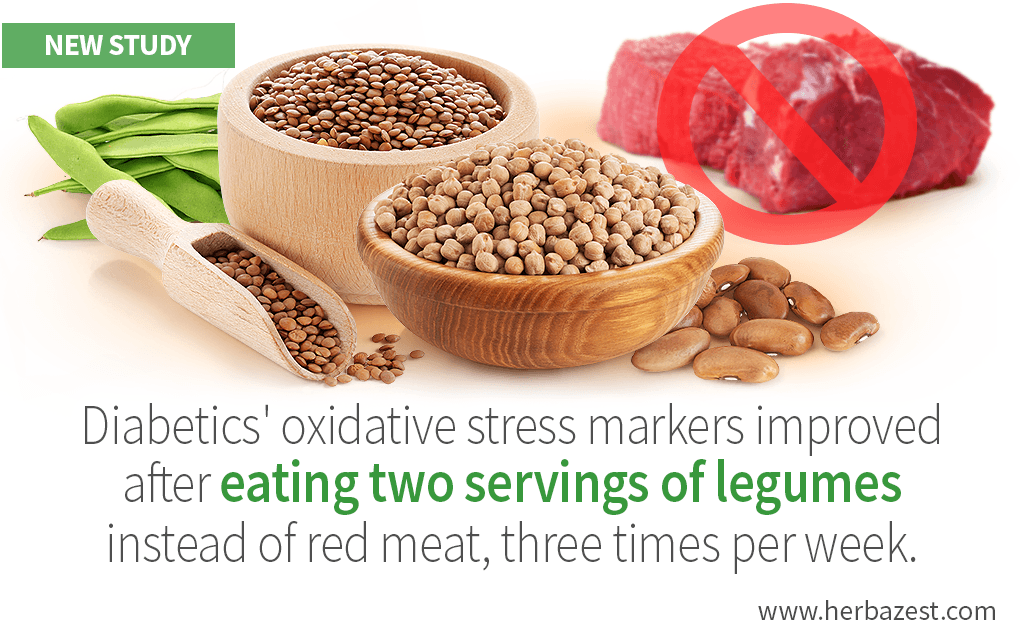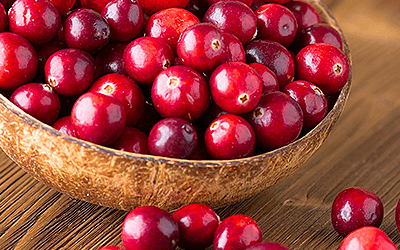Antioxidant-rich foods can be a valuable tool in reducing oxidative stress in diabetics. Thanks to their richness in phenolic compounds and beneficial nutrients, legumes - such as chickpeas, beans, lentils, and peas - could potentially be useful as functional foods for diabetes management.
To further explore their properties, researchers from Shahid Beheshti University of Medical Sciences in Iran investigated whether eating legumes can reduce oxidative stress in diabetics.
The Study
There were 31 patients with type 2 diabetes partaking in this clinical trial, which followed a crossover design. It means that all participants received both treatments, but in a random order.
The two treatments were as follows:
The legume-free therapeutic lifestyle change (TLC) diet consisted of 50-60% carbohydrates, 15% protein, and 25-35% of energy from fat.
The non-soy, legume-based TLC diet had the same composition, except for replacing two servings of red meat with cooked legumes three days per week. (Half a cup of legumes equaled one serving of red meat).
Each treatment lasted for eight weeks, with a 4-week washout period in between. Researchers measured oxidative stress biomarkers before and after the study.
The Results
After consuming the legume-based TLC diet, there was a significant reduction of malondialdehyde and oxidized-LDL as well as a substantial increase in nitric oxide and catalase activity.
For reference, malondialdehyde and oxidized low-density lipoprotein (LDL) are oxidative stress markers. In other words, their reduction is linked to lower oxidative stress.
On the other hand, nitric oxide is essential for heart health, and its bioavailability is typically impaired in oxidative stress. Catalase is an antioxidant enzyme that helps lessen oxidative stress.
What Does this Mean?
The results of this study demostrate that replacing red meat with legumes can improve oxidative stress biomarkers in diabetics. By doing so, legume consumption could help reduce diabetic complications and improve overall health outcomes in diabetic patients.
This study builds on the results of previous trials which have shown the benefits of replacing animal protein with plant-based alternatives.1
Other herbs that have antioxidant properties are grapefruit, avocado, beets, Brazil nuts, and tea.
Sources
- European Journal of Clinical Nutrition, Therapeutic lifestyle change diet enriched in legumes reduces oxidative stress in overweight type 2 diabetic patients: a crossover randomised clinical trial, 2017
Footnotes:
- Nutrients. (2020). Replacing Animal-Based Proteins with Plant-Based Proteins Changes the Composition of a Whole Nordic Diet—A Randomised Clinical Trial in Healthy Finnish Adults. Retrieved October 21, 2021, from https://www.ncbi.nlm.nih.gov/pmc/articles/PMC7231027/




